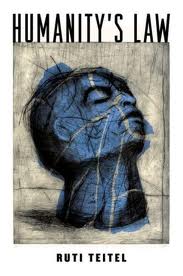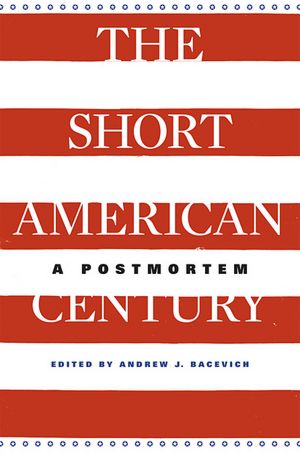The
leak of a White Paper on targeting killings is getting the expected
attention from law bloggers and others, with much commentary focused on
whether the legal analysis is correct – for example the definition of
“imminence.” The precise legal analysis is a distraction from more
compelling issues, which are taken up by
Jack Goldsmith in a Washington Post op-ed. I often disagree with Goldsmith, but this time I find myself in agreement. In part.
Goldsmith begins: “A decade of war is now ending,” President Obama
proclaimed in his second inaugural address. But war is not ending, it is
changing — and has been for years. Obama has cut back on
heavy-footprint, conventional-force war in two countries. At the same
time, he has presided over the rise of a secret, nimbler war defined by
covert action, Special Forces, drone surveillance and targeting,
cyberattacks and other stealthy means deployed in many countries.”
The character of ongoing war, largely off the American political radar screen, has been the focus of
scholarly attention across fields.
Ongoing secret war is an extension of ongoing small wars – justified
for many years by the Cold War-era national security policy that
American safety at home could only be protected by the projection of
American military force around the world (
NSC 68).
Goldsmith
is right, unfortunately, that the president is arguing that war is
coming to an end, while at the same time he continues it. (A point
also made here.) He continues:
This new form of warfare needs a firmer political and legal
foundation....Because secret surveillance and targeted strikes, rather
than U.S. military detention, are central to the new warfare, there are
no viable plaintiffs to test the government’s authorities in court. In
short, executive-branch decisions since 2001 have led the nation to a
new type of war against new enemies on a new battlefield without focused
national debate, deliberate congressional approval or real judicial
review.
Although Goldsmith is right that the character of war has changed, his
solution is disappointingly conventional: “What the government needs is a
new framework statute — akin to the National Security Act of 1947, or
the series of intelligence reforms made after Watergate, or even the
2001 authorization of force — to define the scope of the new war, the
authorities and limitations on presidential power, and forms of review
of the president’s actions.” This is where I disagree. Something more
fundamental is in order.
The nation most needs robust political
engagement with American military policy, something we have not had in a
sustained way since the war in Vietnam. Americans debated the war in
Vietnam, and ultimately countless numbers took to the streets. Congress
fiercely debated war appropriations. Elections were affected, as
candidates gained or lost in the polls based on their position on
Vietnam.
Deep public engagement with Vietnam was tied in large
part to the fact that the costs of war came home to American families
because of the draft. In the years since, the all-volunteer armed
forces are one factor among others to isolate many Americans from war.
(The other most important issues are privatization/contracting, and
changes in war technologies.) A 2011 Pew Research Center report found
that "A smaller share of Americans currently serve in the U.S. Armed
Forces than at any time since the peace-time era between World Wars I
and II." The data reveals "a large generation gap,"with "more than
three-quarters (77%) of adults ages 50 and older...[having] an immediate
family member –a spouse, parent, sibling or child – who had served in
the military." In contrast, for people under 50, "57% of those ages
30-49 say they have an immediate family member who served. And among
those ages 18-29, the share is only one-third."
In recent years, I’ve noted
elsewhere,
In Iraq and Afghanistan, war...spread across borders as American drones
fired on targets in Pakistan and elsewhere. Death and destruction were
the province of soldiers and of peoples in faraway lands. The
experience of wartime for most Americans largely devolved to encounters
between travelers and airport screeners, as the Transportation Security
Administration adopted intrusive new practices. At home, wartime had
become a policy rather than a state of existence.
The only enduring limit on the use of force comes from an informed and
engaged citizenry. The most troubling aspect of an era of secret
warfare is that its very “secret, nimbler” character makes it easier to
ignore, and thereby harder for democratic limits to function.
More
essential than a new framework statute, we need a form of war
politics. An essential but inadequate step is transparency, so that
Americans have the capacity to know what their nation is doing. More
difficult but more essential, we must find a way to care about the
nation’s most fearsome power, which is now exercised without our even
noticing. Whether the American people can become engaged again without a
draft or forces on the ground is something I can’t answer. But finding
a path toward political engagement is more important now that, for
Americans, the experience of war has become so easy, and so forgettable.
Cross-posted from Balkinization.





